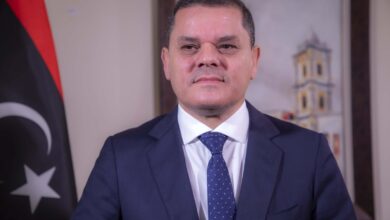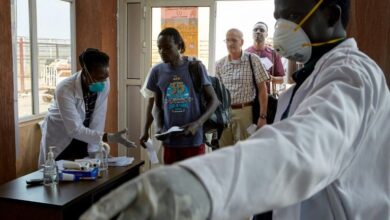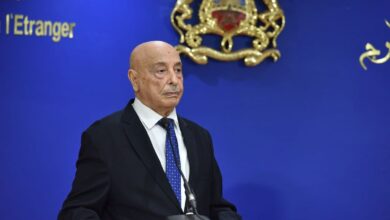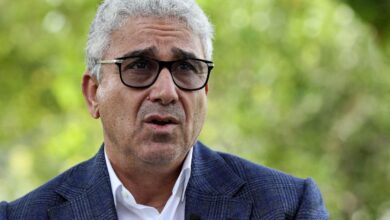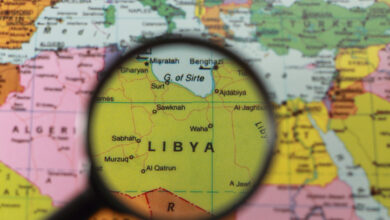Libya
UN Confirms Libya’s East, West Administrations End Election Talks Without Deal
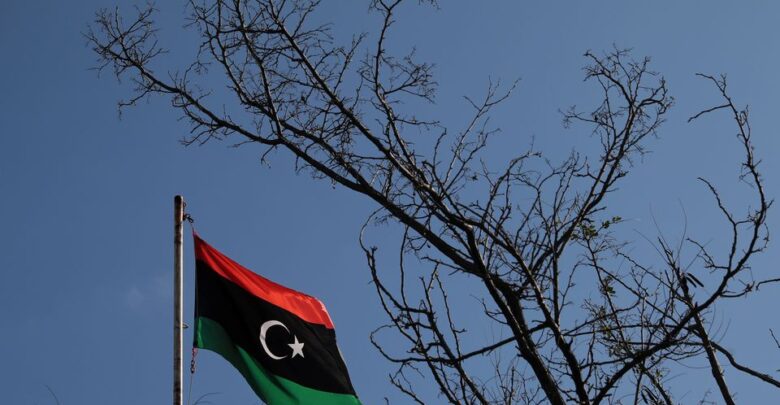
The United Nations (UN) on Tuesday announced weeklong talks between officials from Libya’s Tripoli and Tobruk-based administrations in the Egyptian capital Cairo ended without a deal on constitutional arrangements for elections, reported CGTN Africa.
The UN-brokered discussion was attended by twelve lawmakers from Libya’s east-based parliament and 12 from the High Council of State, an advisory body in the capital of Tripoli in western Libya. The talks on constitutional and legislative arrangements for elections concluded Monday in Cairo.
Stephanie Williams, the UN special adviser on Libya, said the officials have agreed to meet again for talks next month after Eid Al-Fitr, which marks the end of Ramadan. The holiday falls in the first week of May.
Williams said the UN was working to seize the consensus reached earlier this year between the two factions with the aim of reaching an agreement on a constitutional and legislative framework for parliamentary and presidential elections.
Libya failed to hold its first presidential elections on Dec. 24 under an UN-led reconciliation effort. Now the country has been pulled apart again, with two rival governments claiming power after tentative steps toward unity in the past year.
After the Libyan government failed to hold the election, the lawmakers claimed the mandate of interim Prime Minister Abdul Hamid Dbeibah, who is based in the capital, Tripoli, had expired. But, Dbeibah insists that he will remain, prime minister, until elections are held.
In February, the country’s east-based House of Representatives named a new prime minister, former interior minister Fathi Bashagha, to lead a new interim government.
The High Council of State, which advises the interim government, said it was incorrect of parliament to name a new prime minister before holding elections.
The developments have raised fears fighting could return to Libya after a period of relative calm since warring parties signed a cease-fire deal led by the UN in late 2020.


